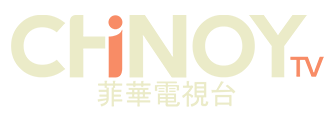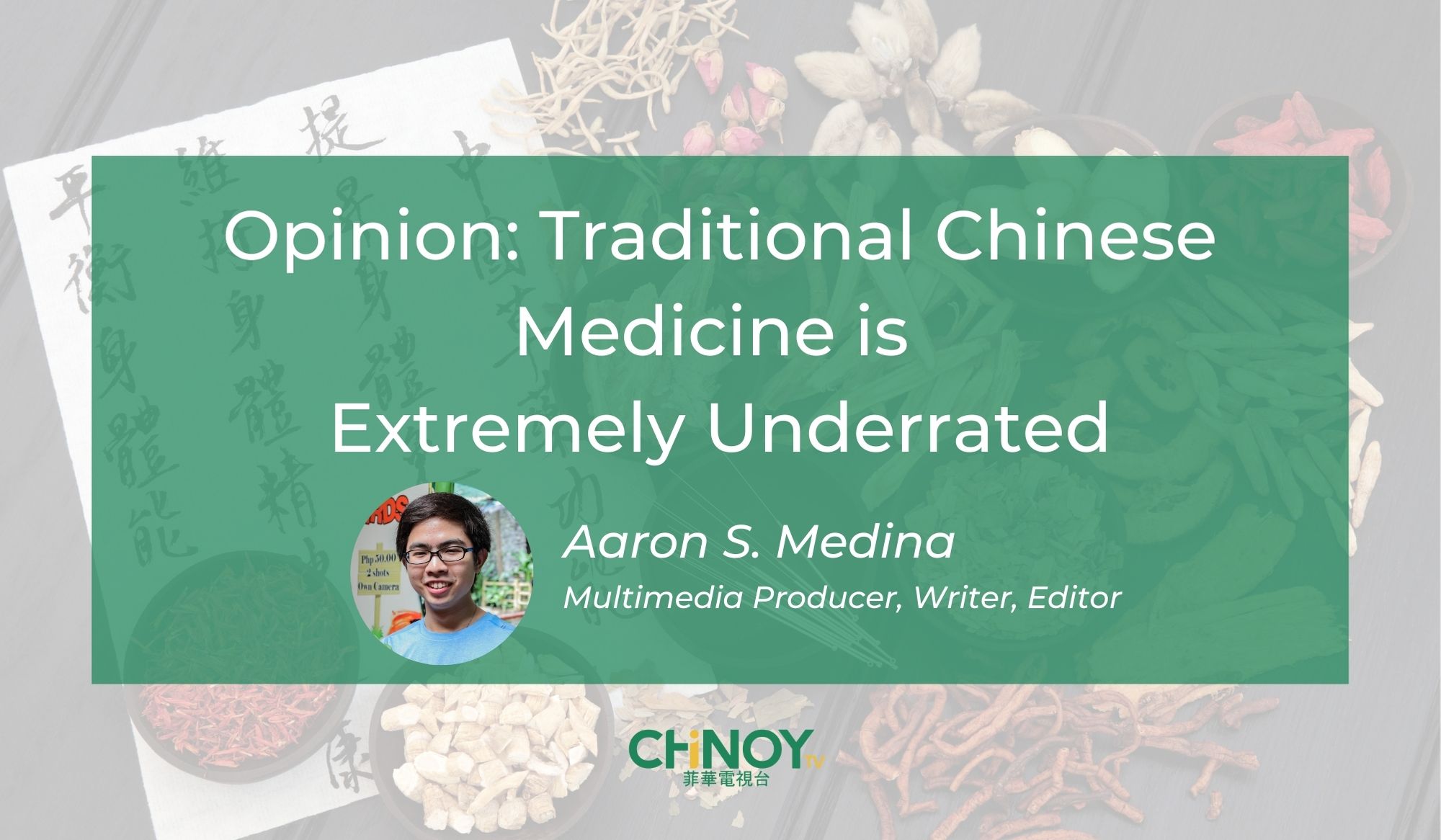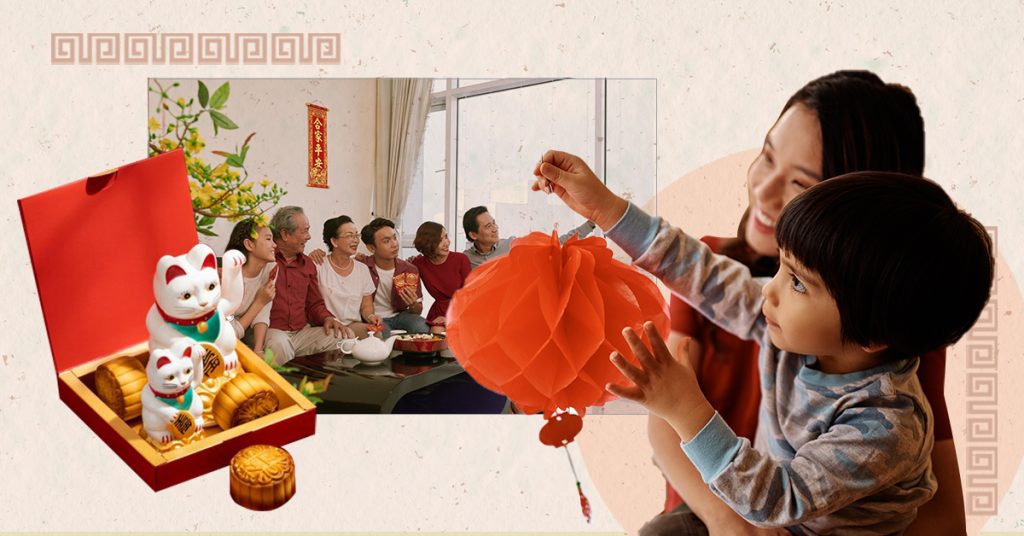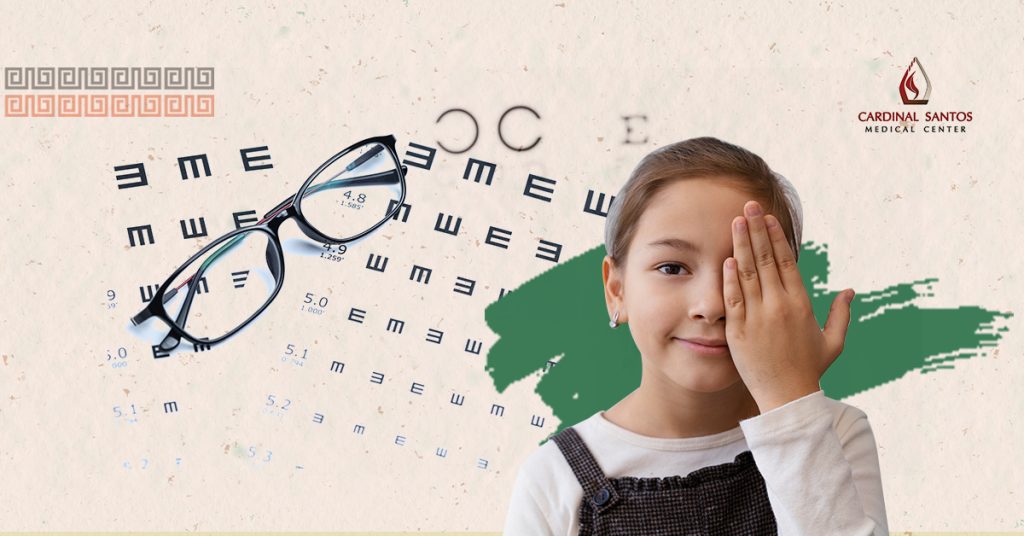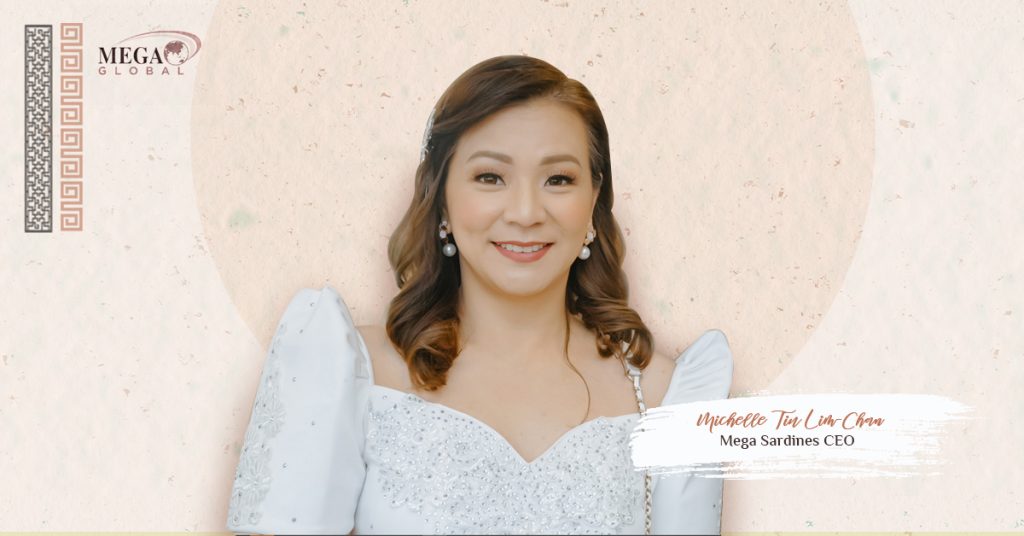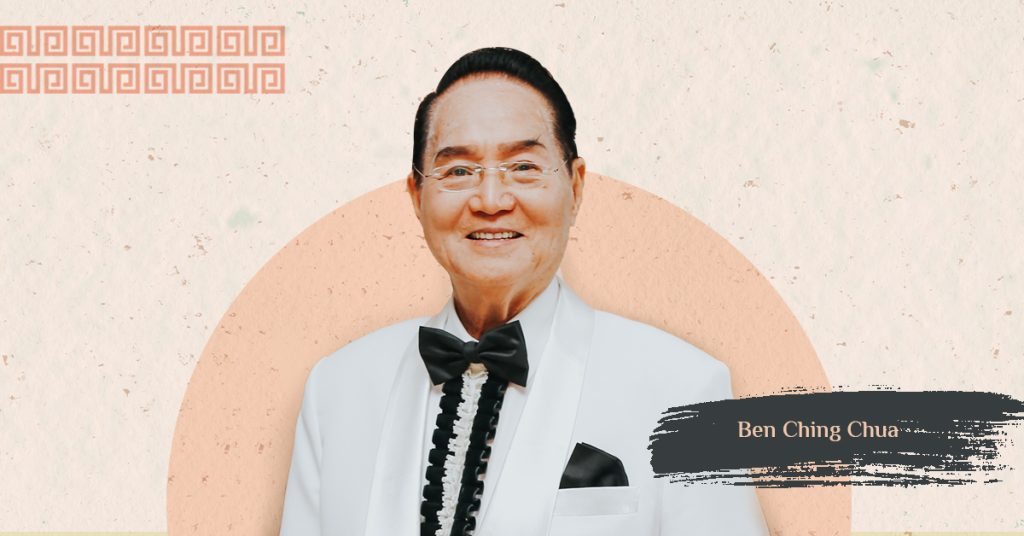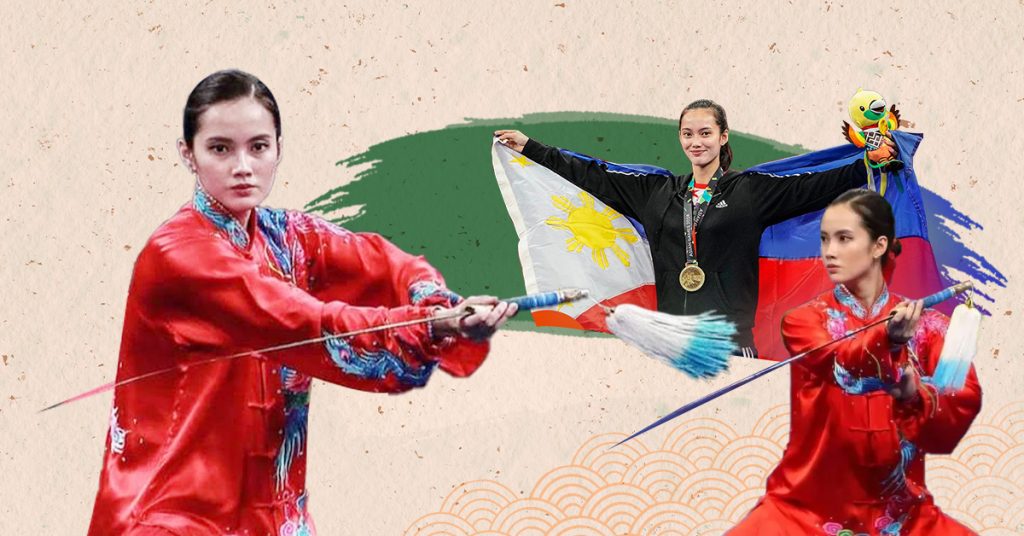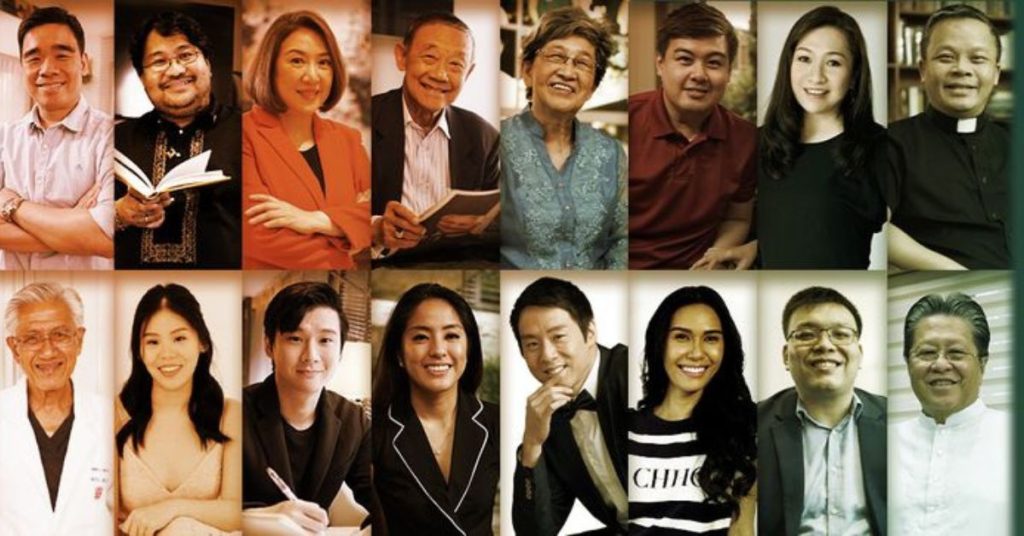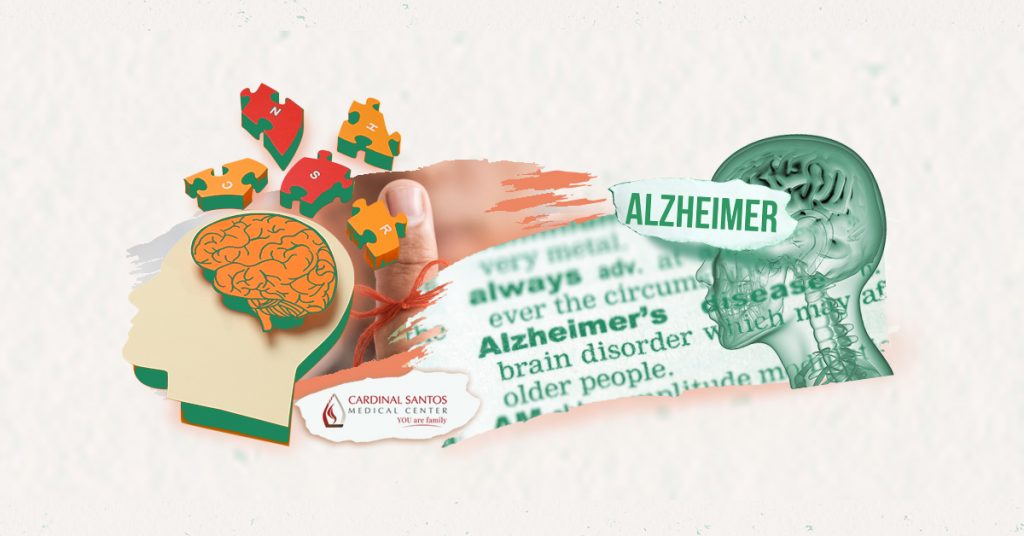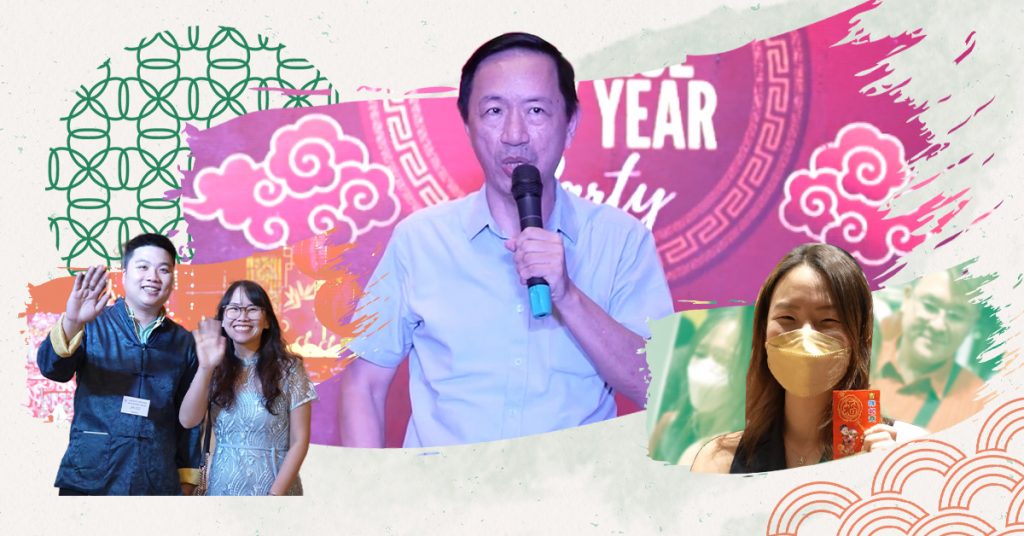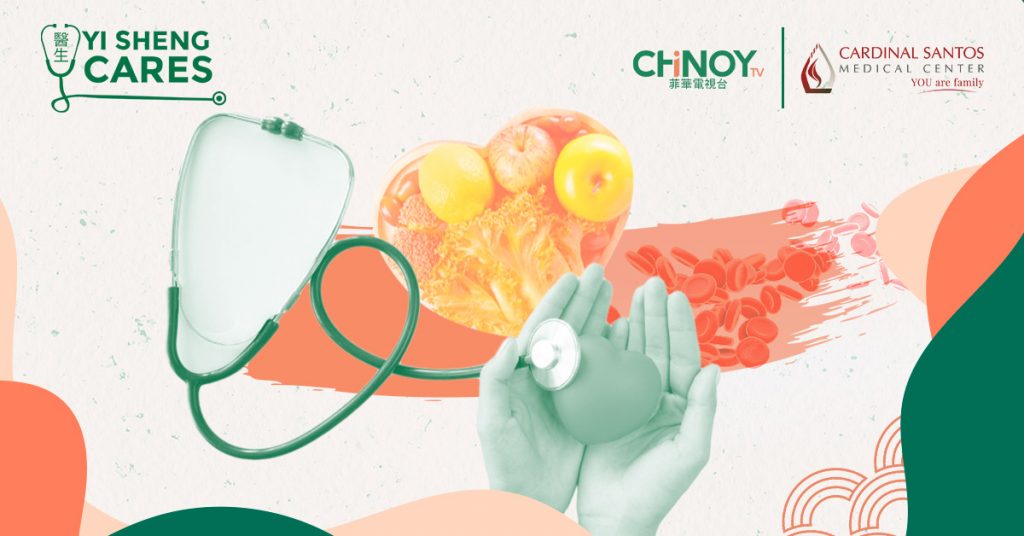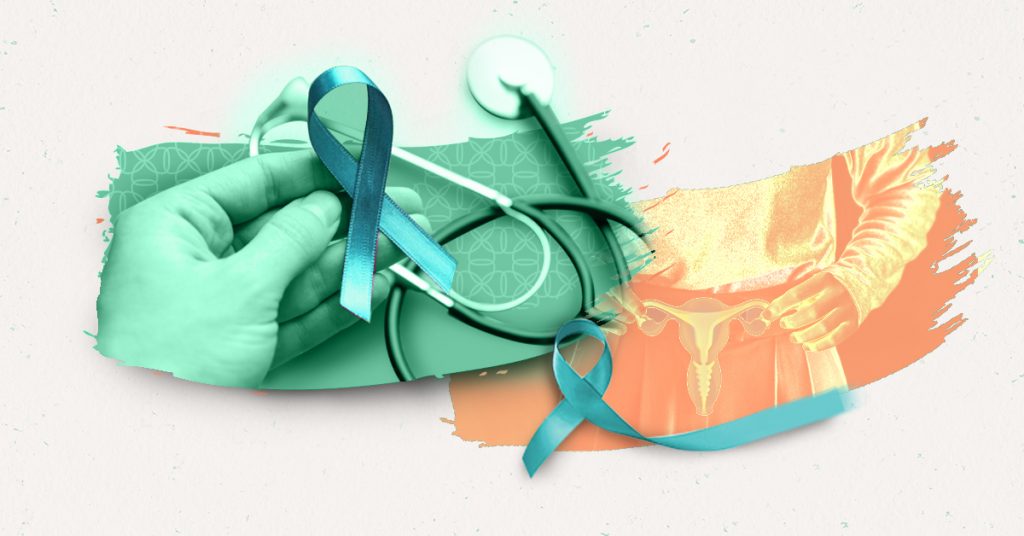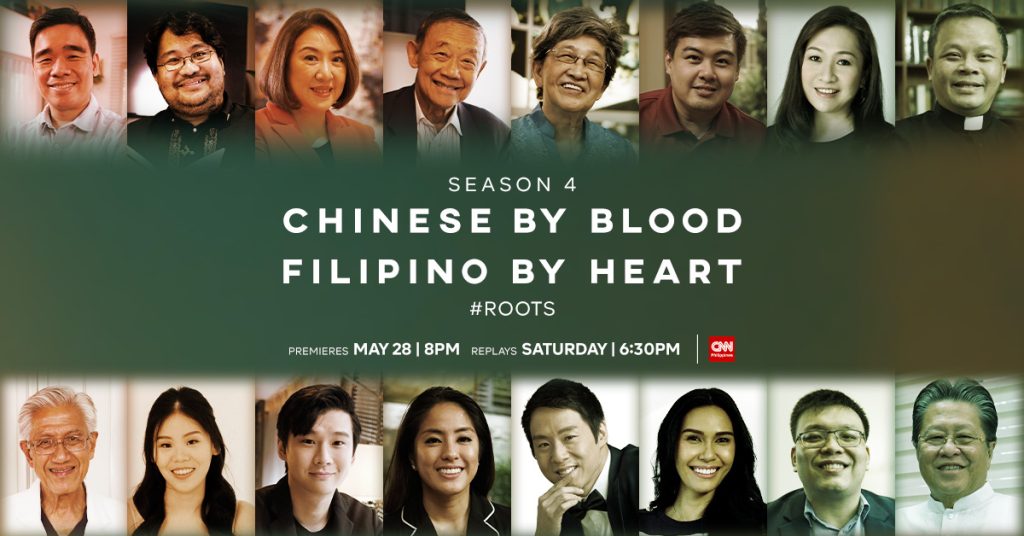Traditional Chinese Medicine (TCM) has often been labelled as “simply mixing plants together to form medicine capsules.” At times stereotyped as one that “doesn’t involve any science nor scientific backing,” TCM may appeal to only a limited number of people.
While TCM, just like Western medicine, isn’t perfect, it’s my ardent hope that readers may be enlightened on the basics that continue to drive it. TCM as a system offers medical doctors a different albeit valid perspective when it comes to medicine.
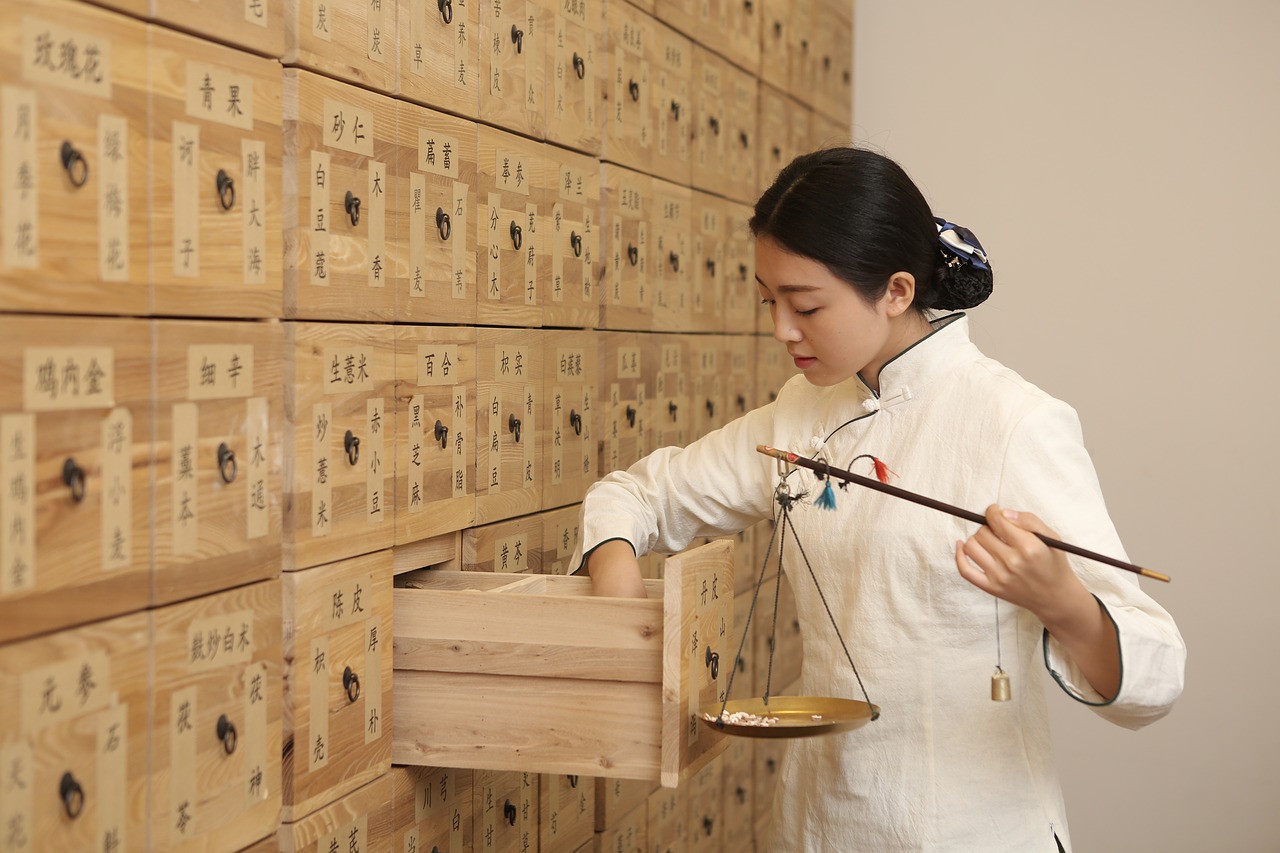
Elaborate cabinet systems are used for TCM
A very long history, grounded in nature
Historically, the Chinese depended on nature and on their surroundings. For example, the goal in Taoism lies in being one with everything, including nature, as “the way.”
The book, Essentials of Chinese Medicine, has this to say on ancient medical healthcare practices:
For instance, in ancient times, early humans moistened their bruises with saliva, extracted thorns that lodged in their flesh, and applied leaves or mud on their wounds. They tasted herbs, adopting some and rejecting others … [U]sed massage to relieve pain from the body … [And] splinted their broken bones with tree branches. When bitten by a venomous animal they themselves or others sucked the poison from the wound.
While that paragraph may invoke some unpleasant and unsanitary imageries, credit has to be given because the ancient people did what they could amidst the lack of medical technology.
Of course, TCM has evolved since then. While this serves only as a very short snippet of TCM history, and while many TCM experts have been wrong at times over three millennia, the aforementioned book offers this insight:
The many years have fostered the gradual formation of a unique and systematic medical theory. It is an important component of the people’s cultural legacy, and it has made enormous contributions to the Chinese people’s healthcare and prosperity.
Why TCM is underrated
TCM’s potential has yet to be tapped by the medical community globally. This potential has been shown to be effective even in the fight against COVID-19 (more on this later). Its concepts provide medical doctors a different perspective on medicine.
The crucial concept of Yin and Yang comes to mind. In a nutshell, Yin is associated with aspects like nighttime, autumn, winter, cool and cold, moist, heavy, dim, and quietness. By contrast, Yang is associated with daytime, spring, summer, warm and hot, dry, light, brightness, and activity. Together, however, they form a balance. One cannot have day without night. One cannot have hot without cold. Balance is the key.
It works similarly in TCM. Diseases, symptoms, and treatments are also classified into natures. For example, if a doctor diagnoses a patient with a cough that is of cold nature, he or she will prescribe a medicine that is of hot nature. That will balance out the cold. Thus, the patient has the chance of being healed.

Image: Essentials of Chinese Medicine
Furthermore, every part of the body is classified either as Yin or Yang, as seen above. Hence, this system guides the diagnosing doctor on what the crux of the disease is.
As mentioned, this concept has proven to be effective even against COVID-19 symptoms. The Chinese medicine, Lianhua Qingwen Jiaonang, a cold-natured medicine, has been effective against symptoms of hot nature. It has also gained approval in many countries abroad. (In the Philippines, the FDA has approved its use, but one must obtain a prescription from an S2 licensed doctor before purchasing it.)

Self-healing
Perhaps the greatest lesson that TCM can contribute, not just to doctors, but to everyone is this: you are in charge of your health. Not the doctor, who only heals, guides, and advises. Not the medicine, which doesn’t work with 100% certainty all the time. The individual him or herself is charge of his or her health.
In TCM, diseases result out of the imbalances in our lives. For example, we expect to sleep comfortably at night (associated with Yin), but don’t many of us have our cellphones keeping us active and busy (associated with Yang), which prevents us from sleeping well? As another example, we push ourselves in the gym, but do we have enough energy to be able to carry on?
These questions are the crucial ones that TCM asks each one of us. Indeed, it puts us directly in charge of our health, making us more careful with our lifestyle.
While it’s perfectly alright and understandable that some may remain critical of the morality of the “spiritual side” — energies, forces, New Age practices and the like — of traditional Chinese philosophy, the very idea of achieving a balance in our lives sees no contest. Should this mindset of balance and self-sufficiency be more prevalent in society as a whole, numerous diseases may be prevented.
jjj
The author of this article:

An accomplished young Chinese Filipino writer and media personality, Aaron S. Medina is associated with the Philippine Daily Inquirer, the Ateneo de Manila University Chinese Studies Program, the Philippine Association for Chinese Studies, and CHiNOY TV. He has a passion for truth, justice, and Pokémon, too! Follow him on Facebook: https://www.facebook.com/aaron.joseph.s.medina/
